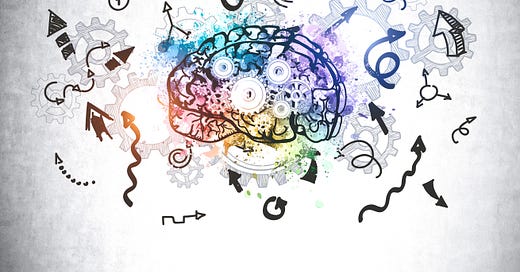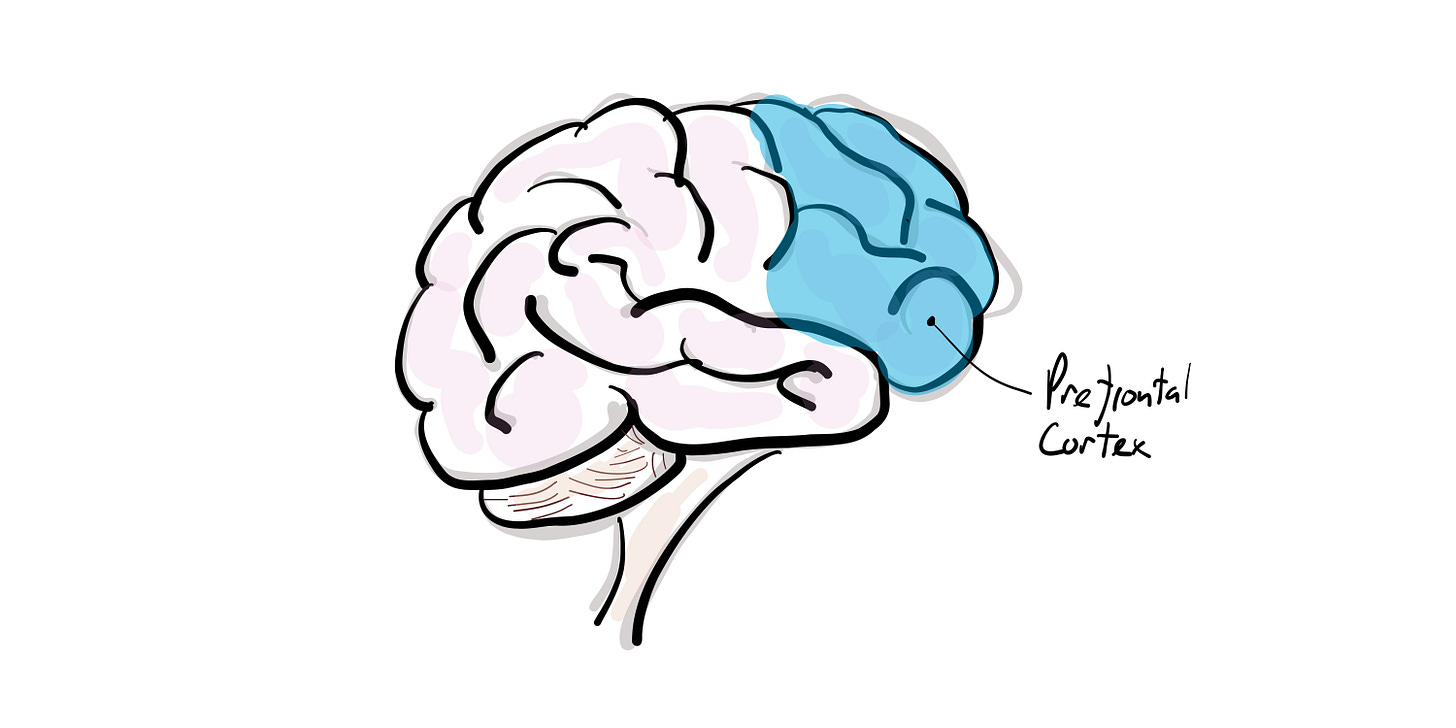Weekly Review: Nasal Spray for Brain Recovery, Teenager Decision-Making, When We Regret Decisions, and Junk Food Has Immediate Impacts on the Brain
I was interested to read a report of a pre-clinical trial showing that a nasal spray could be effective for helping with traumatic brain injury. I know I have regularly reported on various body-brain interactions, such as the gut-brain axis, but this intrigued me.
I have also suffered numerous concussions though my sporting career so have a morbid fascination with mild traumatic brain injuries.
Nasal Spray for Traumatic Brian Injuries?
This is of course no normal nasal spray but is one that has already been used in clinical trials to treat multiple sclerosis, Alzheimer's disease, and other conditions.
The spray, branded as Foralumab, is something called a monoclonal antibody. This helps modulate the immune response - during traumatic brain injury you brain rushed to fix the damage and this inflammatory response can also be responsible for damage and impaired function on the damaged regions(s).
Using mice, yes poor critters, but we can’t go around bashing human beings on the head for research. What they found is that being able to modulate the brain’s immune response with this nasal spray improved neurological outcomes, including less anxiety, cognitive decline, and improved motor skills.
This is interesting because it is easy and can be administered immediately - it could easily be in a first aid kit at sports matches and events with a risk of head injuries and in the case of a head injury quickly snorted.
The impact of mild concussion has, of note been vastly underestimated, certainly by the general public and especially in youngsters. Speaking of adolescents, but also adults, it would be nice to be able to have a nasal spray to help with decision making abilities.
Unfortunately that is not the case but some recent research has explored decision-making abilities in adolescents, and another on decision regret in adults.
No spray for this, sorry to say.
Teenagers Make Noisy Decisions
So we know that adolescents can make really bad choices and judgments but the question is what underlies this - we know, for example, that the prefrontal cortex, considered our executive centre, doesn’t fully mature until mid twenties. That may explain some of this.
Well, this is precisely what Vanessa Scholz and colleagues reported on at the end of last year. What they specifically investigated is whether these decision are due to more refined choice processes and/or noise in decisions. Noise in decisions is the concept that given the same choice two or three times we can give different responses, sometimes wildly different (see Daniel Kahneman’s work).
They found indeed that it was noise that could be ascribed to teenagers random decisions. However, this is obviously supported by multiple cognitive processes and the maturing and development of the brain including increasing cognitive control with age contributes to less noisy decisions and better choices.
On the topic of choice, the topic of regret is also interesting - when do we really kick ourselves after having made a decision? This is the topic investigated by Kaitlin Wooley et al.
Decision-Making Regret
I am often involved in helping people resolve difficult or life-changing decisions. And my role is always in helping them create clarity and make their own decision with confidence. But nevertheless many people also ask, “What would you do?” or “What is your advice?”. But as a coach my role is not to give advice so that people, my clients, can own their own decisions.
I was therefore interested to see this research on decision making regret - when do we get that proverbial feeling of wanting to kick ourselves after making a decision that doesn't work out as hoped?
Keep reading with a 7-day free trial
Subscribe to leading brains Review to keep reading this post and get 7 days of free access to the full post archives.





